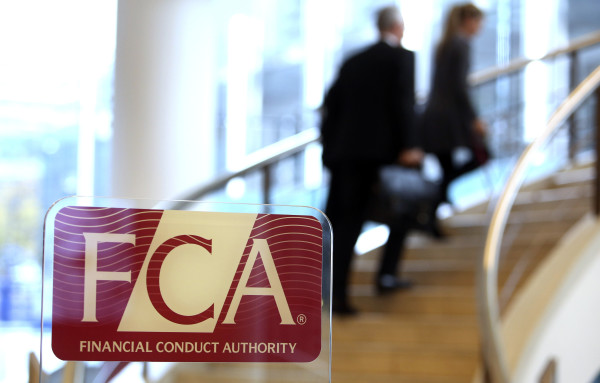

Financial Conduct Authority fees have risen exponentially over the past few years, advisers have claimed, with one sole trader saying it is becoming expensive just to “open my doors”.
Julian Pruggmayer, owner of Financial Risk Management, said he was becoming disillusioned as a sole trader given how much the various regulatory fees and levies were growing.
He said: “The last fees I had from the Financial Services Authority for year ending in 2012 were just £2,300.
“My Financial Conduct Authority (FCA) fees for this year are £5,653. If I then add on professional indemnity fees I have to earn £10,000 just to to open my door to business.”
Derek Bradley, founder of online advisory forum PanaceaAdviser, said: “The increase in regulatory fees and associated costs such as PI will have to be recovered in increased fees charged to clients (if any efficiency savings are not possible) and I would think for smaller firms that resource option dried up years ago.”
He said cost was something the FCA incurs for firms, often with “little thought of logic or affordability and with little benefit analysis being done on the consumer impact and detriment it created”.
Martin Bamford, chartered financial planner for Surrey-based Informed Choice, said the firm was still waiting to receive its regulatory fees invoice, although the FCA’s invoice cycle runs from July to September.
He said: “Other IFAs I’ve spoken to say that invoices look broadly the same as last year, with the FSCS levy continuing to make up a large portion of the total.
“Based on our projections, we are expecting to pay broadly the same level of total fees this year, perhaps slightly higher as we have just recorded another increase in our turnover, this time a little over 27 per cent.”
The FCA’s fees are based on a calculation using an individual firm’s Tariff Data. The FCA divides a fee-block’s proportion of the annual funding requirement (AFR) by the total ‘tariff base’ of all the firms in the block. This gives the FCA a fee rate per unit.
It then calculates a firm’s fee by multiplying its tariff base by the fee rate.
Most firms categorised as A fee-blocks (such as general insurers, life assurers) will pay a minimum fee of £1,084 to the FCA.
On the subject of FCA fees, a spokesman for the FCA said fees had been kept level this year. She highlighted Policy Statement 16/16 - FCA Regulated Fees and Levies 2016/2017 - in which it stated: “Following the completion of our audited 2015/16 accounts, our total 2016 to 17 AFR remains unchanged.”
When it came to PI, Mr Bamford said Informed Choice’s PI was held at the same level as last year, despite the larger size of the firm’s business.
He said: “There are some regulatory dividends when it comes to PI insurance, in running a low risk business with professional standards and a fairly ‘boring’ approach to investment management.”
However, he said the Financial Services Compensation Scheme (FSCS) level was “still our biggest concern from a cost of regulation perspective.
“The longer it remains at such high levels, the worse it reflects on the performance of the FCA to effectively regulate this sector.
“The FCA still don’t seem able to get in front of risks and failures before they have a detrimental impact on consumers, instead allowing us to pick up the tab for the failure of others.”
Mr Bradley added: “What is the outcome of this? The consumer will suffer, firms will financially suffer, possible terminally, the FSCS will take more hits for failed firms with the cost being passed back to those surviving firms who will see their costs increase making their business less viable.”
In the Financial Advice Market Review the FCA pledged to review FSCS funding, and has held roundtable meetings and industry working groups during the summer. The outcomes are as yet unknown.



